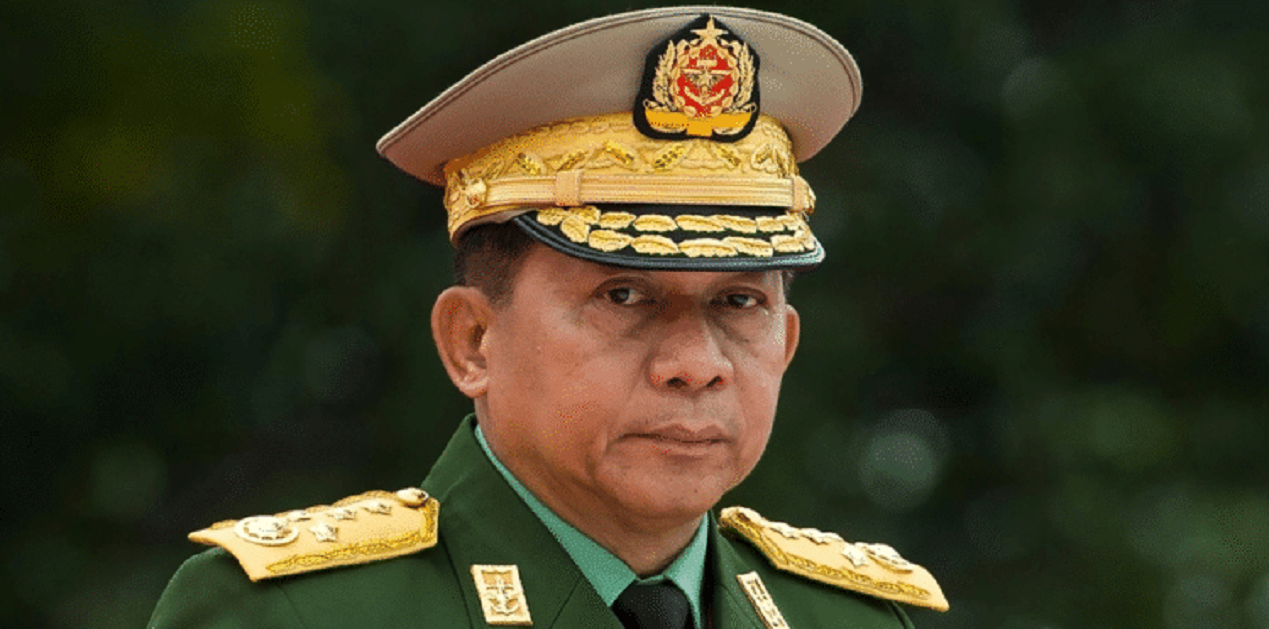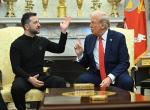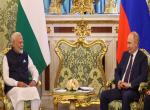Since the initiation of the election process in 2020, Myanmar has been surrounded with election-related controversies. Aung San Suu Kyi led National Democratic League (NLD) landslide victory was celebrated and recognised in the country and the world. Though the Myanmar military initially accepted the result but soon started supporting the USDP led claims of foul play in the elections. Both the military and the USDP- military-backed party alleged that there had been “irregularities” in the voting process. The USDP has approached the Supreme Court of the Union with the complaints of election fraud. All these circumstances were created to declare a coup, which eventually happened on 01 February 2021, with the Tatmadaw arresting Aung San Suu Kyi and other government officials and declaring a state of emergency for a year. The coup’s timings have been apt as 01 February was the date when the first session of Parliament was to take place, which would have validated the election result.
Working hand-in-hand, the USDP and Tatmadaw challenged the elections’ result, and tensions mounted since 26 January 2021, when Tatmadaw Spokesperson General Zaw Min Tun declined to rule out the possibility of a coup. On 27 January, the Commander-in-Chief, Senior General Min Aung Hlaing stated that the Constitution could be abolished if “one does not follow the law”. Soon after, the United Nations Secretary-General Antonio Guterres and various Western embassies in Myanmar expressed concerns about the possibility of army intervention in Myanmar. However, soon the military clarified that it would protect and abide by the constitution and act according to law.
Nevertheless, in a country ruled by the military after a 1962 coup, there were fears of another coup. Being a nascent democracy, the democratic transition process has been slow and patchy. Myanmar-based analyst Richard Horsey predicted that an imminent coup seemed unlikely. Pro-military demonstrations were held in several major cities. The fears of a military coup came true, with Aung San Suu Kyi and other government officials being detained on 01 February 2021. The military removed 24 ministers and named 11 replacements for ministries of finance, defence, foreign affairs and many others.
The international community has come out strongly against the military’s actions. The USA President, Joe Biden stated that the “The United States would stand up for democracy wherever it is under attack,” and threatened Myanmar with “an immediate review of sanction laws and authorities, followed by appropriate action”. British Prime Minister, Boris Johnson also condemned the “coup”. The Southeast Asian leaders such as in Singapore, Indonesia, and Malaysia also expressed concern. However, the reactions have not been similar across the world. Philippines Foreign Secretary Teodoro Locsin stated that the military action was instead a “chess move”. Despite differences in opinions, the Association of Southeast Asian Nations (ASEAN) released a statement, which suggested the need to “return to normalcy.” China made a cautious move with the Chinese Foreign Ministry spokesperson, Wang Wenbin stating that they are keeping a note of what is happening in Myanmar.
For India, which was one of the few countries that engaged with a military-ruled Myanmar, the political crises will create its share of uncertainties. India has expressed its “deep concern” and also has given its support for a democratic transition. The experts point out that India must continue its engagement with Myanmar and leverage its influence with the military to establish democratic norms.
The situation in Myanmar has drawn international attention and the military cannot operate without addressing these concerns as it did earlier. Democracy has taken its roots in the country, and the use of technology and mobile phone has increased, thereby increasing the reach of information. The military need to address the concerns it has raised regarding election fraud, and establish the truth in its statements. And the military must also release the political leaders without delay. The economic crises surmounted by COVID-19 pandemic are other challenges that the military will have to address. The situation in Myanmar needs urgent actions by the military, in cooperation with the democratically elected government and not against it.
(The paper is the author’s individual scholastic articulation. The author certifies that the article/paper is original in content, unpublished and it has not been submitted for publication/web upload elsewhere, and that the facts and figures quoted are duly referenced, as needed, and are believed to be correct). (The paper does not necessarily represent the organisational stance... More >>
Image Source: https://www.theonlinecitizen.com/wp-content/uploads/2021/02/featured-image-Min-Aung-Hlaing-750x375.png











Post new comment